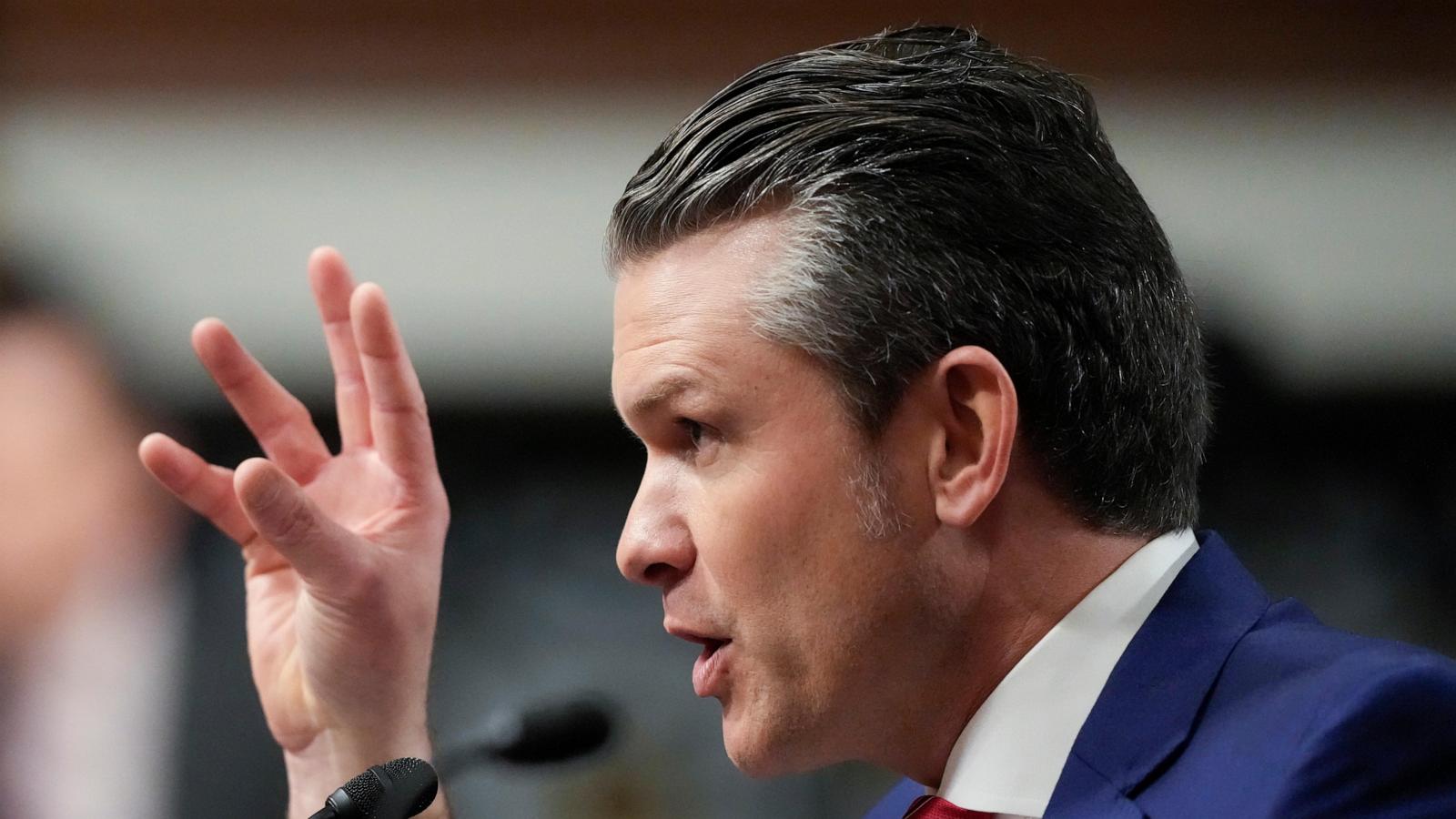Is Trump's Cabinet Selection Process a Disaster? Public Confidence in Justice Department Plummets!
President Trump's second term has ushered in a wave of controversy, particularly surrounding his cabinet nominations. Recent polls reveal a shocking lack of public confidence in key government institutions like the Department of Justice (DOJ) and the FBI. The alarming findings have left many Americans questioning whether the Trump administration’s appointments will ensure fair and impartial governance. Let's delve deeper into this pressing issue, examine the key figures, and discuss the potential impact on the nation's legal and political landscape.
Public Confidence in DOJ and FBI Erodes Amidst Controversial Nominations
The recent appointment of several controversial figures to key positions in the Trump administration has cast a long shadow over public confidence in vital institutions. Only about 20% of U.S. adults express “extreme” or “very” confidence in the DOJ's ability to remain fair and nonpartisan under Trump's watch. This lack of trust isn’t isolated to one sector of the population; both Republicans and Democrats share significant skepticism. The appointment of loyalists to powerful agencies, such as the DOJ and FBI, hasn’t inspired faith; instead, they’ve deepened concerns of potential partisanship and retaliation against perceived opponents.
Pam Bondi’s Nomination and Its Impact on Public Opinion
Pam Bondi, Trump’s attorney general nominee, faces strong scrutiny following controversial comments. Public opinion polls suggest her nomination has worsened the general distrust of the Trump administration's commitment to impartiality. Her remarks criticizing past prosecutors, particularly special counsel Jack Smith, as ‘horrible’ people have been heavily scrutinized. These statements suggest a potential lack of objectivity in approaching the role of Attorney General.
Robert F. Kennedy Jr.’s Controversial Role and the Vaccine Debate
The nomination of Robert F. Kennedy Jr. adds further layers of complexity. A prominent figure known for his vaccine skepticism, Kennedy’s appointment has faced both ardent support and widespread opposition. While possessing substantial name recognition within certain demographics, his opinions on vital public health topics have ignited further debate and added to the ongoing polarization over controversial policy choices and presidential decisions. While Republicans largely support his nomination, a significant segment of Americans remain opposed to his views.
Hegseth, Gabbard, and Patel Nominations Raise Concerns
The nominations of Pete Hegseth for Secretary of Defense, Tulsi Gabbard for Intelligence Chief, and Kash Patel for FBI Director have been met with a similar level of public disapproval. A substantial portion of Americans disapprove of these selections, questioning whether their lack of conventional government experience might affect their performance in the assigned roles. While the GOP broadly supports Trump's choice of Hegseth, Gabbard and Patel, around 40% approve of these picks. But the considerable public skepticism surrounding these nominations further strengthens concerns over the direction of leadership within the federal government. The lack of deep understanding within the political structure by Trump's recent nominees brings forth legitimate questions of governance.
Questioning the President's Reliance on Non-Governmental Advisors
Many are questioning President Trump’s decision-making process in appointing individuals lacking extensive governmental experience to high-profile positions. About half of all Americans believe this approach will negatively impact the government's ability to function effectively. While a slightly greater proportion of Republicans hold differing viewpoints, there remains a substantial segment expressing apprehension. This disparity reveals a deepening divide in how Americans perceive this critical governmental element.
Low Approval Ratings Highlight the Public's Unease
Overall, approval ratings for many of President Trump’s most recent nominees are depressingly low. This trend underscores a growing unease and distrust in how government agencies are being led under his administration. These alarming statistics suggest the need for stronger attention and a re-examination of the candidate selection process for important positions that hold critical responsibilities.
Potential Long-Term Effects of Low Public Trust
The sustained lack of faith in the DOJ and FBI is extremely troubling for any functional democracy. The legitimacy of governmental action hinges heavily on public trust and cooperation. Eroding public trust can undermine government programs, hinder investigations, lead to increased levels of dissatisfaction, and, ultimately, jeopardize the stability of governmental operation. Addressing these serious concerns should be a priority for those committed to a properly functioning government.
Take Away Points
- President Trump's second term has been marred by significantly low approval ratings for his cabinet nominees, creating deep concerns.
- The lack of faith in the integrity of critical governmental bodies poses significant dangers for America's democracy and governance.
- Addressing these anxieties and making appropriate procedural changes to remedy them is urgently necessary.
- These alarming findings underscore an urgent need to bridge the growing divide between public trust and the federal government.









